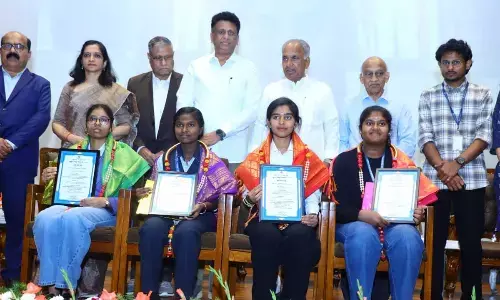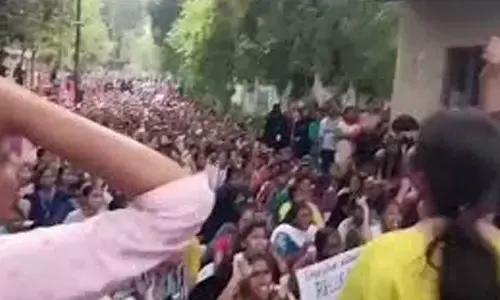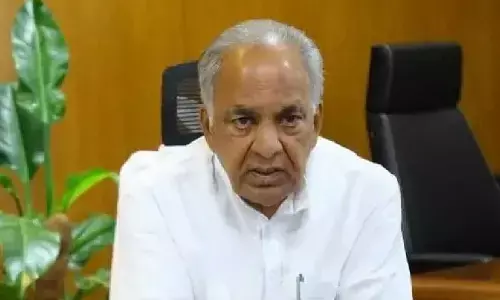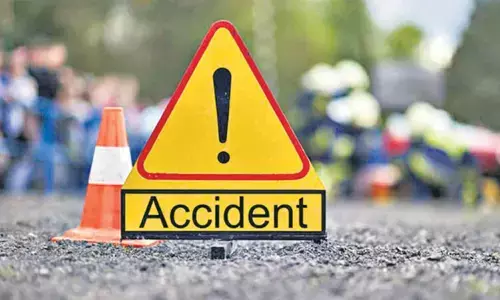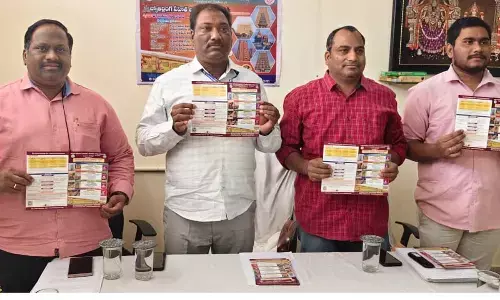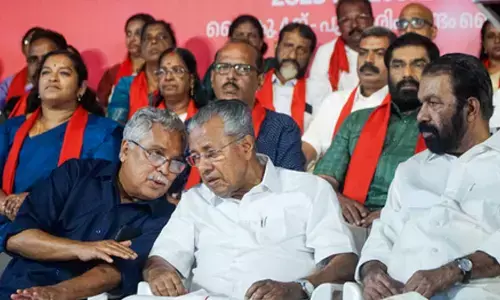Southern States will loose LS seats if Centre delimits constituency in Parl: KTR
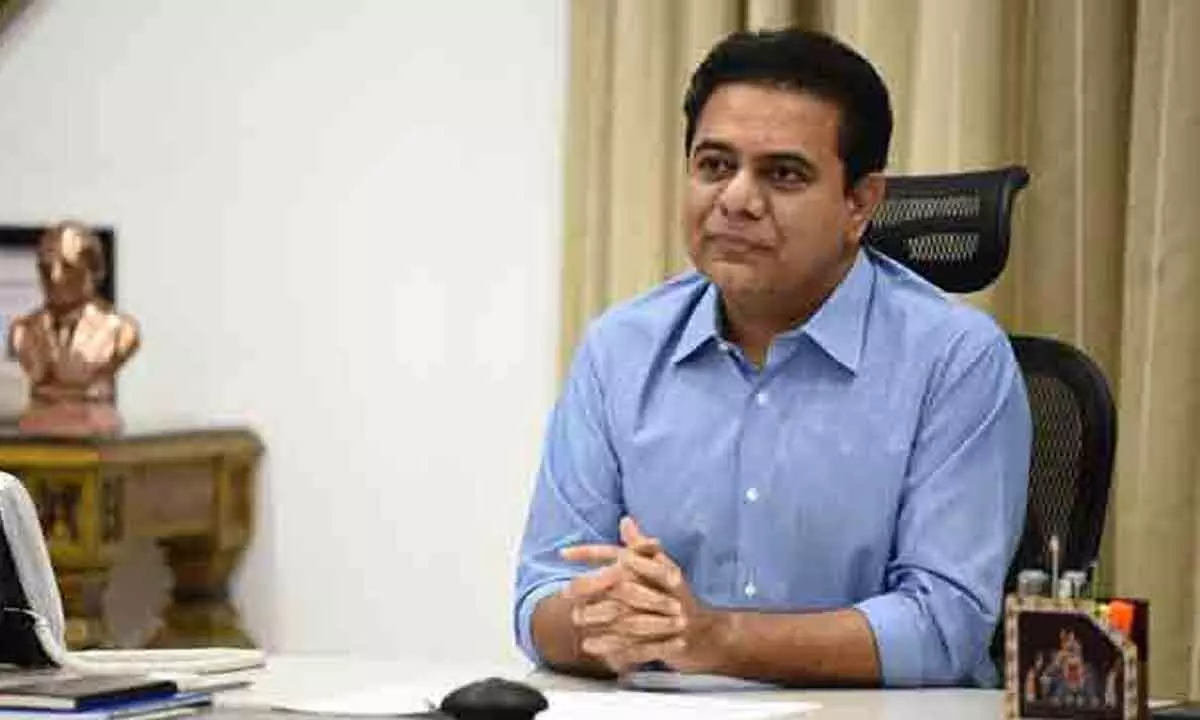
IT Minister KT Rama Rao (File/Photo)
The Telangana Rashtra Samithi (TRS) working president and IT Minister KT Rama Rao (KTR) on Friday expressed concern that southern States in the country may lose Parliament seats
Hyderabad: The Telangana Rashtra Samithi (TRS) working president and IT Minister KT Rama Rao (KTR) on Friday expressed concern that southern States in the country may lose Parliament seats in the future if the Centre delimits Lok Sabha constituencies due to effective population control measures.
Rao shared a tweet from 'Stats of India' indicating that the southern States' population share of the national population has decreased from 26.2% in 1951 to 19.8% in 2022.
"All the southern Indian States have been better performers on many counts including population control From what I am hearing, we may be penalised for the same by way of reducing number of Parliament seats in delimitation If it does happen, it will be a travesty of justice," he tweeted.
After the 15th Finance Commission used the 2011 Census as its base, the issue of southern States facing a reduction in funding and also parliamentary for effectively controlling population came into focus. According to the 2011 census, southern States outperformed their northern counterparts on the majority of indices.
The standard practise was to recommend funds and tax devolution to States based on the 1971 Census. This had a financial and political impact on the southern States.
It is estimated that if Lok Sabha seats were reallocated today based on the 2011 Census, the five southern States such as Kerala, Karnataka, Tamil Nadu, Andhra Pradesh, and Telangana — would lose 33 of their current 129 Lok Sabha seats.
Southern states with stricter family planning measures had lower population growth, while northern states had higher population growth, raising questions about how far it was fair to penalise southern states for performing better.


